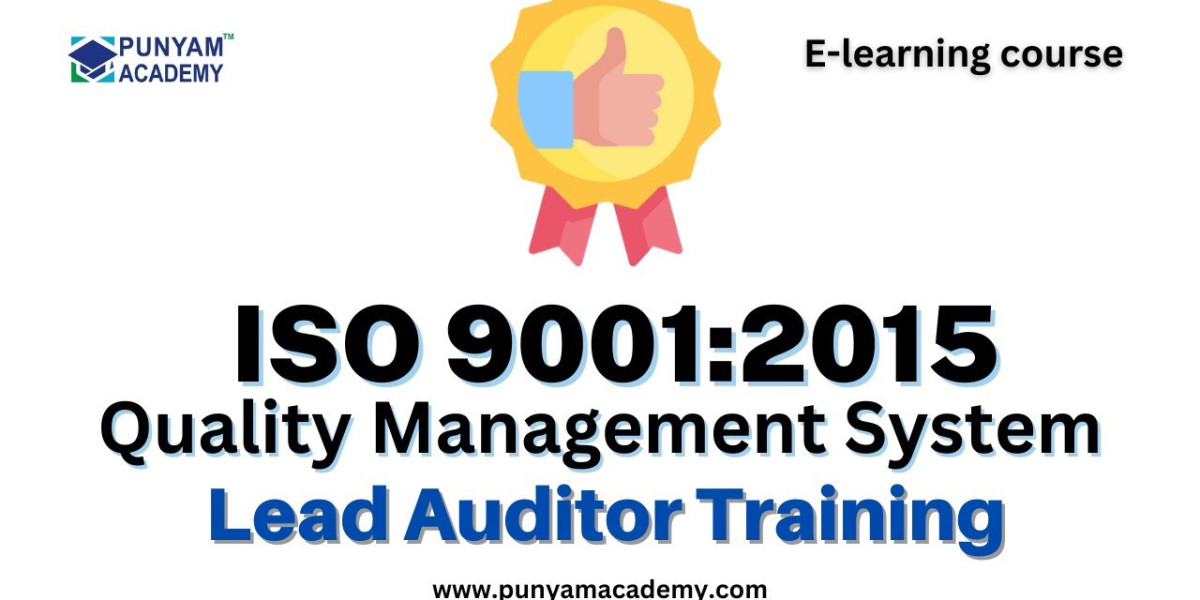Introduction to ISO 9001 Lead Auditor Training
ISO 9001 Lead Auditor Training equips professionals with the knowledge and skills to conduct effective audits of Quality Management Systems (QMS). The ISO 9001 standard ensures organizations consistently meet customer and regulatory requirements, and lead auditors play a crucial role in verifying compliance and driving continual improvement.
Why is ISO 9001 Lead Auditor Training Important?
Organizations worldwide rely on ISO 9001 to maintain high-quality processes. Lead auditors are responsible for assessing these processes to identify areas for improvement and ensure compliance with the standard. Proper training enhances an auditor's ability to conduct thorough and objective assessments, promoting consistent quality and operational efficiency.
Key Learning Objectives
ISO 9001 Lead Auditor Training covers essential topics, including understanding ISO 9001 requirements, the principles of auditing, audit planning and execution, reporting findings, and conducting follow-up audits. Participants also learn to manage audit teams and communicate effectively with stakeholders, ensuring audits are conducted with integrity and precision.
Who Should Attend?
This training is ideal for quality managers, internal auditors, consultants, and professionals aspiring to become certified lead auditors. It is also beneficial for anyone involved in developing, implementing, or maintaining a QMS. A basic understanding of ISO 9001 and auditing principles is recommended.
Benefits of ISO 9001 Lead Auditor Training
Completing this training enhances credibility, opens career advancement opportunities, and empowers professionals to contribute to their organization's quality objectives. Trained lead auditors help organizations identify risks, streamline processes, and ensure compliance, which fosters trust with customers and stakeholders.
Certification Process
To become a certified ISO 9001 lead auditor, candidates must complete an accredited training course and pass an examination. Practical experience in conducting audits is also essential. Certification demonstrates competence in leading audits and ensures adherence to global auditing standards.
Conclusion
ISO 9001 Lead Auditor Training is a strategic investment for professionals and organizations aiming for quality excellence. By mastering auditing skills and understanding ISO 9001 requirements, lead auditors drive continuous improvement and contribute to business success. Embracing this training paves the way for more robust quality management and organizational growth.








